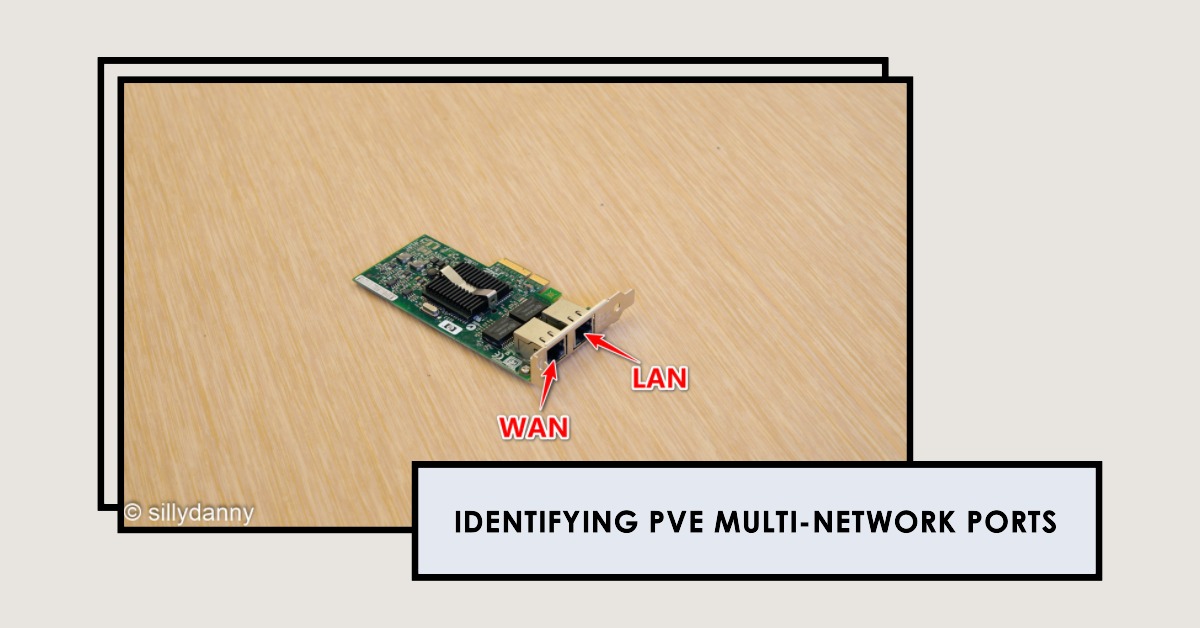
ttyd: Access Your Linux Terminal via Web Browser
ttyd: Access Your Linux Terminal via Web Browser

ttyd: Access Your Linux Terminal via Web Browser

Securely Transfer Files Over The Network

SSH Tunneling

Upgrade Debian from Buster to Bookworm

Synology DSM Customization: Unlocking the Potential of NAS

Tab completion is a feature in the Linux terminal that allows you to quickly complete file and directory names

Introduction Rsync is an open-source application that provides fast incremental or mirror backup by leveraging built-in data deduplication algorithms. It is included in almost all Linux distributions. Features Can update whole directory trees and filesystems Optionally preserves symbolic links, hard links, file ownership, permissions, devices and times Requires no special privileges to install Internal pipelining reduces latency for multiple files Can use rsh, ssh or direct sockets as the transport Supports anonymous rsync which is ideal for mirroring Basic Use rsync -option source/ destination/ Option Description -v Verbose mode, outputs detailed information -r Recurse into directories -a Archive mode (-rlptgoD, no -A, -X, -U, -N, -H) -h Output numbers in a human-readable format -z Use compression to transfer data -e Specify the remote shell to use -P Same as –partial –progress -W Copy files whole (without delta-xfer algorithm) –progress Show progress during transfer –delete Delete extraneous files from destination directories –remove-source-files Sender removes synchronized files (non-dir) –exclude=PATTERN Exclude files matching PATTERN –include=PATTERN Don’t exclude files matching PATTERN –copy-as=USER[:GROUP] Specify user and optional group for the copy –chmod=CHMOD Affect file and/or directory permissions Samples rsync -avh /home/user/data/ /mnt/backup Copy /home/user/data/ (as source directory) to /mnt/backup (as destination directory), using the options -avh....

Introduction: Usually, IP addresses are dynamically assigned by the router’s DHCP server on most network devices. But using a static IP address on the server makes the provided services more stable. If the DHCP server is not working, it will affect the computers in the local area network to obtain IP addresses, thereby affecting access to services, while servers with static IP addresses are not affected, so static IP is also necessary (on devices providing services)....

Configuring VLANs on a Host for Proxmox VE In today’s increasingly complex networking environments, Virtual Local Area Networks (VLANs) have become a crucial tool for managing network traffic and ensuring optimal performance. This blog post provides a step-by-step guide on configuring VLANs on a host for Proxmox Virtual Environment (VE), a popular open-source virtualization platform. Why use VLANs with Proxmox VE? VLANs allow you to segregate network traffic into isolated broadcast domains, improving security and reducing network congestion....

PVE (Proxmox VE) Multi-port Identification About: This is a post about network card (multiple ports) identification in the PVE system. Through the ethtool command, you can easily find the corresponding location of each network port. Operation Steps: Take Intel EXPI9402PTBLK 82571GB Network Adapter as an example Install the ethtool command apt update && apt install ethtool -y ethtool can be used to view network device driver parameters and hardware configuration....